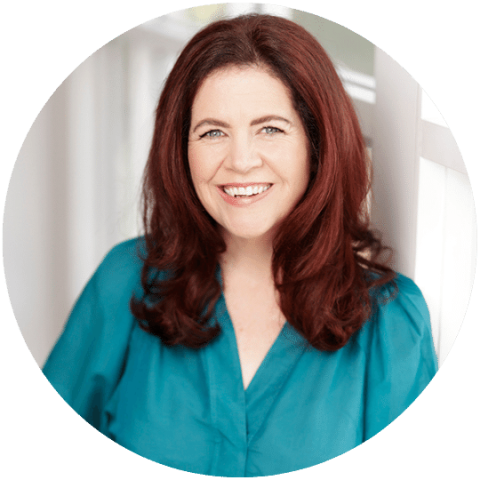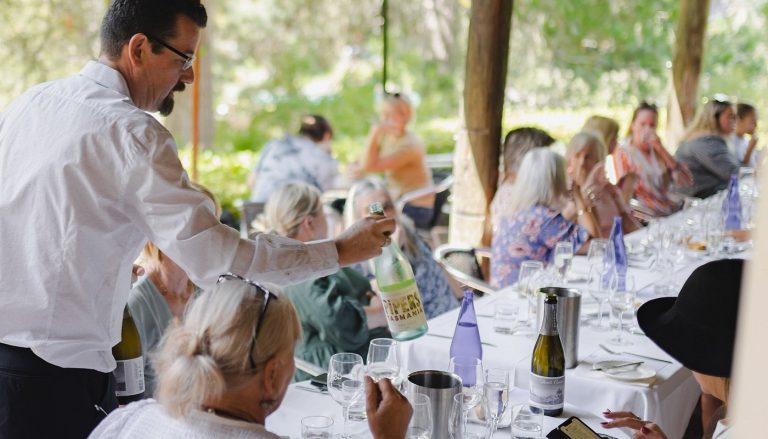Got a piece of paper and a pen? Or crack open the notes app on your phone.
Then jot down these numbers:
- Total years of your working life (Subtract the age when you got your first job from your age today)
- Number of jobs you’ve done between Number 1 and Number 2. (I had to make a list and tally them up.)
- Divide your total years from your number of jobs.

For me, I’ve worked for 38 years of my (nearly) 52 years in a total of 15 jobs.
What’s your number? How long did you stay in each job?
You likely did something similar to me – moved jobs faster when you were younger; stayed longer as you’ve grown older. At each age and stage, there would have been different reasons to change – or not to change.
Here’s how job change and qualification levels often line up together.
Job Change
When we hit our mid-20s, we start working on the idea of a career – not a career for life, necessarily, but a progression that will see us through until our mid-30s.
Sure, we like a bit more money but also we’re scoping out our skills and getting a taste for what we may enjoy – and who we may enjoy. Typically, over the course of that decade, most of us will spend 2 years 8 months in each role – moving through around 3 jobs.
Mid-30s to mid-40s, we’re building our lives and our career – give us opportunities to grow and climb. We’re ready for more but we need more time to grow so we’ll spend about 4 years in each role.
By the time we hit our mid-40s, we’re all about responsibilities – we’ve got greater personal responsibilities and we’re experienced enough to deliver on greater professional responsibilities, and we’re looking for the pay cheque to match.
No surprises that 45 – 55 years of age often aligns with our peak earning potential then. Now we’re not so quick to change – our average time in a role stretches out to 6 years 8 months.
Qualification Levels to Match Experience
When you get qualified using Recognition of Prior Learning to leverage your experience, we tend to see a similar pattern of ages. We’ve been tracking the data for years – and these ages hold very steady.
It’s in your 30s, you’re most likely to be operating at Diploma level – that’s mostly when you’ve got a job that requires oversight of other colleagues in a team.
In the first half of your 40s, there’s that progression up to Advanced Diploma level – you’re most likely to be in the room being a part of conversations about planning to achieve your company’s strategic goals.
Then in the second half of your 40s into early 50s, there’s the Graduate Diploma level environment – you’re setting some strategic direction with teams below you getting on with the execution.
Qualifications + Experience = Greater Income
The research is clear – the higher your qualifications, the more you earn.
As you climb the career ladder, employers are looking for the best of both worlds – experience and qualifications.
If you’re looking at your age and stage, and thinking it’s time for a change, then it’s always valuable to check in on your qualifications.
If you’re curious to know what qualification level you are sitting at, you can apply here for a free RPL appraisal, or via any of the methods listed below.

Tricia Velthuizen
Co-Founder
Churchill Education







